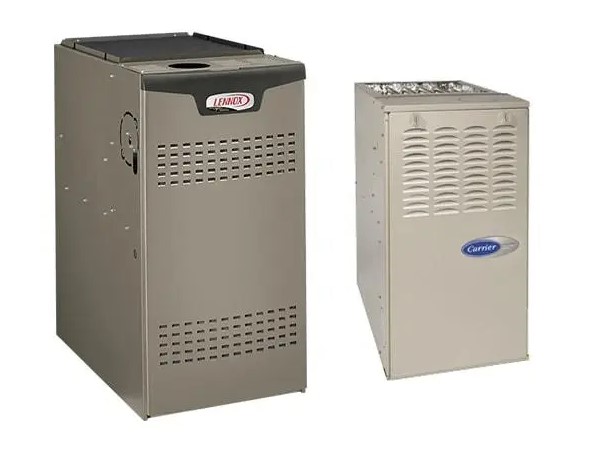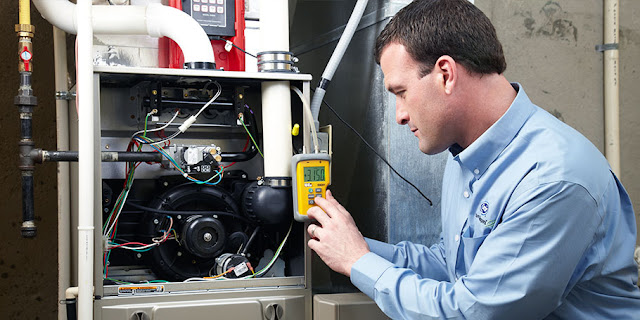Which is Better an Electric Furnace or a Gas One?
You
might be debating between an electric and a gas furnace while selecting one for
your house. The ideal option for you may depend on a number of factors,
including your budget, the size of your home, the climate where you live, and
your energy preferences. Both types of furnaces offer advantages and
disadvantages. We will compare electric and gas furnaces in this post based on
a number of factors, including price, performance, maintenance, safety, and
environmental impact.
Cost
Cost is one of the primary factors to be taken into account
when purchasing a furnace. Both the initial cost of buying and installing the
furnace as well as the continuous costs of running and maintaining it are
included in this.
In general, buying and installing an electric furnace is
less expensive than a gas furnace. Yet, the cost of operating an electric
furnace is higher than a gas furnace. Although a gas furnace burns natural gas,
an electric furnace powers its heating element with electricity. In most parts
of the country, electricity is typically more expensive than natural gas.
HomeAdvisor reports that the average cost of heating a home with an electric furnace
is $2,100 per year, compared to the average cost of heating a home with a gas
furnace, which is $700 per year. Hence, if you are looking for affordable
furnace installation, PA, then go for an electric system; however, if its low
operating costs are what’s desired, then you may want to consider a gas
furnace.
Efficiency
Efficiency is a key consideration when selecting a furnace.
Efficiency is the percentage of energy intake that is converted to heat output.
Energy waste decreases and energy bill savings increase with increasing
efficiency ratings.
When it comes to converting energy, electric furnaces are
more effective than gas furnaces. Electric furnaces are 95% to 100% efficient,
which means that almost all of the electricity they consume is converted into
heat. Gas furnaces range from 80% to 98% efficient, which means that some of
the gas they use is lost as exhaust.
Still, comparatively, gas furnaces require less energy to heat
up the same amount of space than an electric furnace. This is due to various
technical factors, like heat capacity, resistance, etc. Therefore, if you are
looking for affordable furnace installation PA and high energy savings, you may
want to consider a gas furnace.
Maintenance
Gas and electric furnaces both need routine maintenance to
keep them operating smoothly and effectively. Cleaning or replacing the filter,
evaluating the blower motor, lowering the heating load on the house, clearing
the vents and ductwork, and monitoring the system for defects or damage are all
parts of maintenance.
In general, electric furnaces require less upkeep than gas
furnaces. Electric furnaces are less prone to experience leaks, cracks,
corrosion, or carbon monoxide problems because they contain fewer parts and
don't use combustion1. For safe and effective functioning, gas furnaces need
more frequent and skilled maintenance. Clean and tune the burners on gas
furnaces, check for cracks in the heat exchangers, clear any blockages from the
flues, and test the carbon monoxide detectors.
Depending on the usage and type of filter, some maintenance
tasks, including changing the filter every month or two, can be completed by
homeowners. Additional duties, including lubricating the blower motor,
inspecting the electrical connections, verifying the thermostat calibration,
and monitoring the airflow, call for the assistance of a competent specialist.
When the heating season begins, it is advised to get your furnace serviced at
least once a year. If you are looking for affordable furnace installation PA
and low maintenance costs, you may want to consider an electric furnace.
Conclusion
In conclusion, there are pros and cons to both gas and
electric furnaces in terms of price, effectiveness, and upkeep. Other than
these things, you might want to think about an electric furnace fueled by
renewable energy if you're searching for low emissions and significant
environmental advantages.




Comments
Post a Comment